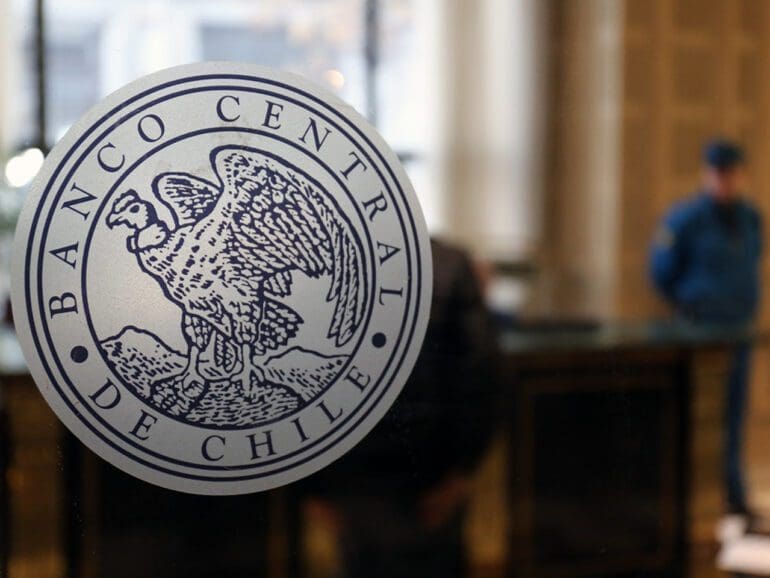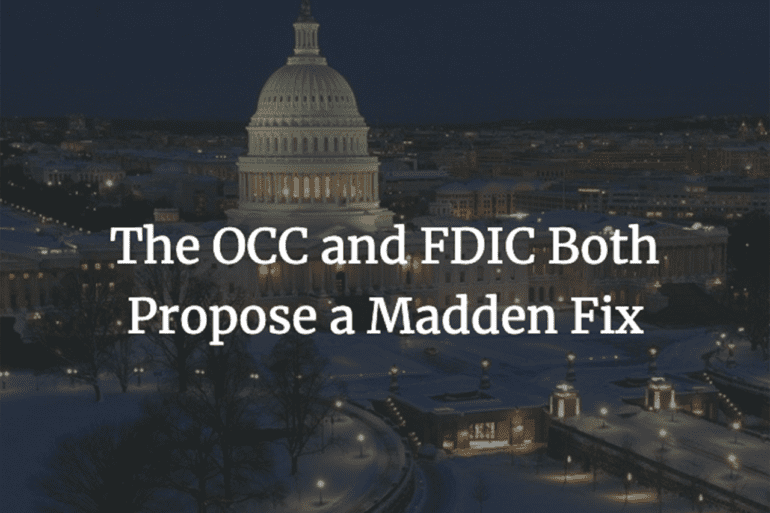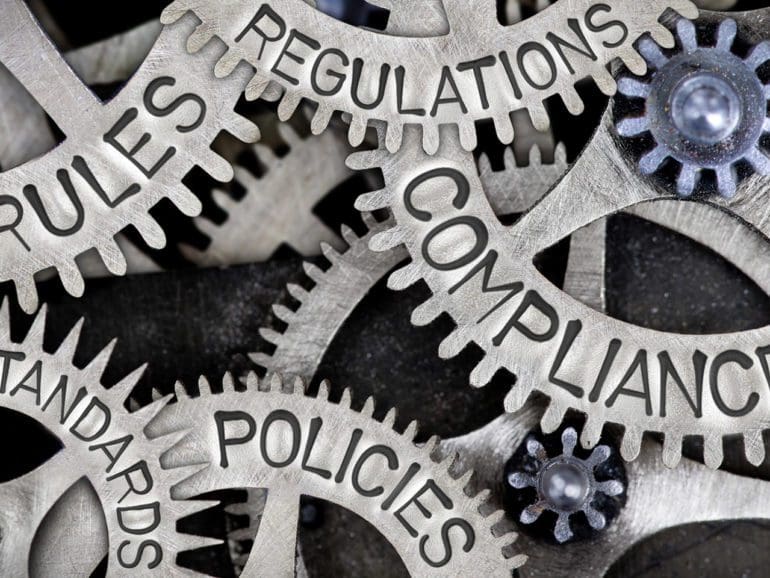These operations had been legally challenged by credit card companies, which currently dominate this type of activity in Chile.
Chinese regulators have issued new guidance for P2P lenders in further efforts to regulate China's fintech industry; the new guidance requires P2P lenders to register with the government which will also help regulators to build an industry database for development of future regulation; regulators involved with the new guidance include the China Banking Regulatory Commission, the Ministry of Industry and Information Technology and the State Administration for Industry and Commerce. Source
BTC or ETH is not subject to tax on sales if the individual sells them more than 12 months after being acquired.
The Madden saga has been plaguing the marketplace lending industry for years now. We have covered this issue on Lend...
2016 could be the alternative finance industry's first net negative year according to AltFi; uncertainty in capital investment was a substantial factor for the first time causing a renewed focus on retail investment; CEO turnover has been a significant factor with Renaud Laplanche's resignation a catalyst for decreased investor confidence; regulators have also caused market uncertainty with new regulations potentially adding compliance burdens for alternative finance businesses; macroeconomic factors including Brexit and the US presidential election have also increased pressure on alternative finance; despite hardships, sentiment for 2017 is mostly positive with 2016 seen as only a temporary retrenchment. Source
The last day of the year is normally pretty quiet as far as news goes but LendingClub had two major...
The Consumer Financial Protection Bureau (CFPB) will appeal the court's unconstitutional ruling in the case of CFPB v. PHH in which PHH argued the CFPB's authoritative powers were too broad following enforcement actions that resulted in penalties primarily for referring consumers to mortgage insurers for compensation; the CFPB is requesting that the case be heard by all judges in the D.C. Circuit Court of Appeals rather than a panel of only three judges which provided the October ruling; if the verdict in the case is unchanged, the president will still be able to replace the CFPB director at his discretion; it's likely that Director Cordray could be replaced by President-Elect Donald Trump given his plans for Dodd-Frank. Source
The responsibility for managing compliance is increasingly falling on fintechs. Here are seven areas where fintechs need to focus.
New regulations slowed the growth of P2P lending in China in 2016; data from P2P001 reports that transaction volume in P2P lending increased by 138% in 2016 to over 2.8 trillion yuan ($403 billion) however that was only half of the transaction volume growth reported in 2014 and 2015; on August 24, 2016 the government issued new requirements for the industry, one of which requires that lenders partner with banks for custodian services; this adds additional costs for lenders and as of the end of 2016 only 7.98% had partnered with a custodian bank. Source
Funding Circle was approved for a 7(a) license by the SBA but now there are some in Congress that want to take that away from them.







